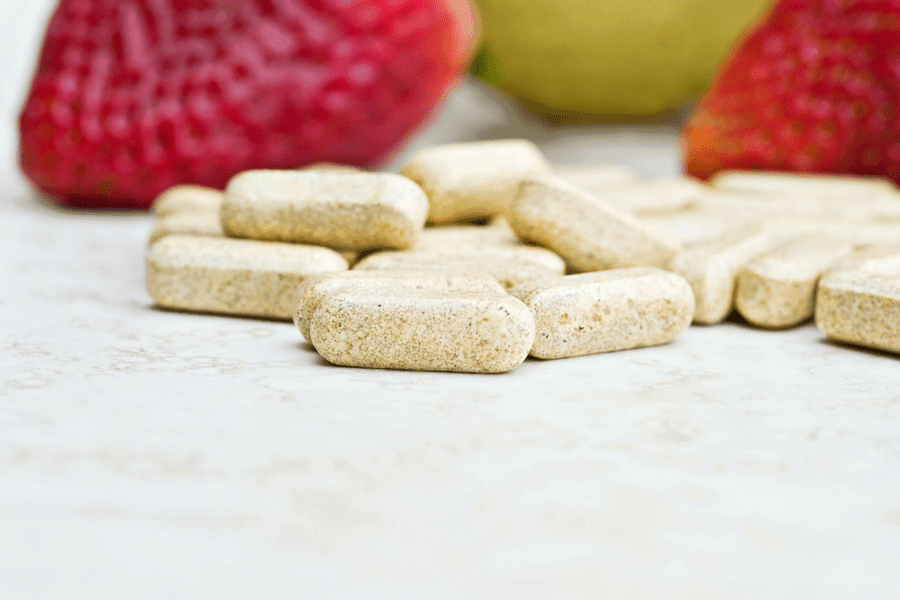5 Important Prenatal Vitamins for a Healthy Pregnancy
Pregnancy can be an overwhelming time. You want to give your baby the best start in life, but there’s so much information to sort through. That’s why I came up with this guide to the best prenatal vitamins for a healthy pregnancy. These all-natural supplements are great for you, too. However, you should always do what I did and talk to your doctor or nutritionist. They can help build the right prenatal supplement plan for you.
Prenatal Multivitamins
A quality prenatal multivitamin will fill in any small nutritional gaps in your day-to-day meals. These micro-deficiencies won’t affect your health much, but they could strike your child at a vulnerable point during the pregnancy. Look for a multivitamin that is specifically formulated for prenatal concerns.
Some women find that multivitamins make them nauseous. This is often caused by the iron in the supplement. If you have this problem, you can try switching brands, starting with a lower dose, or taking the pill at night so you can sleep through the nausea. You can also try an iron-free multivitamin and add red meat or spinach to your diet.
How much should you take? One pill a day, or as prescribed by your doctor.
Folate and Folic Acid
These names are used interchangeably, but they come from different sources. Folate is the natural form of this important supplement, while folic acid is synthetically produced. If you can, try to get natural folate, which seems to have the greatest benefit. For pregnancy supplements first trimester folate use is vital to prevent neural tube defects in your baby.
How much should you take? Most doctors say to aim for up to 1200 mcg of folate each day to maximize the benefits. Make sure you don’t exceed this. Watch how much folate you get from things like your multivitamin, enriched grain products, meal replacement shakes, and other sources.
Vitamin D
Many people are vitamin D deficient, and this can create a number of health complications for both you and your growing baby. Supplementing vitamin D during pregnancy and nursing can help with your child’s hormone levels, as well as build strong bones and teeth. This supplement is good for you, too. Studies show that vitamin D can reduce the risk of expectant mothers developing gestational diabetes or post-partum depression.
How much should you take? The general recommendation is to try to get about 5000 IU each day.
Magnesium
Magnesium is not talked about as much as other supplements. However, it is also important during and after pregnancy. A severe deficiency can lead to dangerous conditions like preeclampsia and harm the baby during vital periods of development. Expectant mothers who take this supplement also tend to recover faster after giving birth.
How much should you take? Try to take in no more than 500 mg from all sources.
Probiotics
Probiotics are especially important during pregnancy. Did you know that you can pass beneficial gut bacteria on to your baby? A quality probiotic will give you and the baby a healthy digestive tract. It can also help your child fight off ear infections and other illnesses in their first few years of life. For you, probiotics can help you avoid constipation during your pregnancy and illnesses like Group B strep.
How much should you take? There’s no standardized amount, but you should look for probiotics from many different sources including dairy products.


